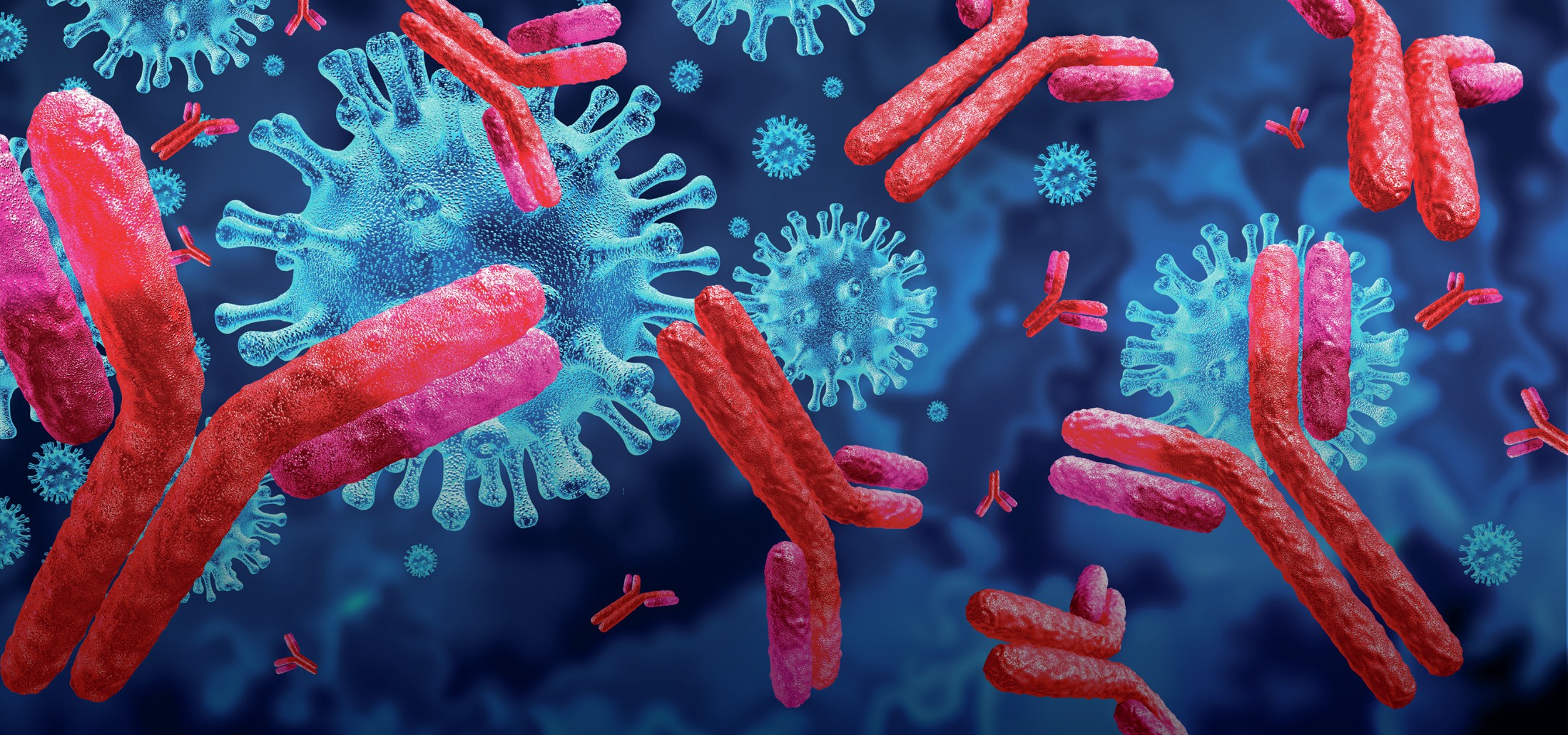
Since the mid-1970s, antibodies have been harnessed for use in research and medicine. Monoclonal antibody therapies are now the bestselling drugs in the pharmaceutical market. They are used to treat cancer, autoimmune diseases and neurological disorders such as Alzheimer’s. A major advantage of using antibodies in medicine is that they have high specificity for a particular antigen, which means they only bind to their target and not to other healthy cells or tissues. This results in fewer off-target actions and reduced side effects.
The use of antibodies in medicine has revolutionised the way we treat many diseases and conditions. Over the last couple of decades, therapeutic monoclonal antibodies have replaced older, more traditional treatments. A widely used antibody treatment is Herceptin. In 1998, Herceptin was approved for treating patients with a type of aggressive breast cancer. Herceptin antibodies bind to receptors on breast cancer cells. This prevents the cells from receiving growth signals, so they stop growing and eventually die. Previously, the prognosis with this type of cancer was extremely poor. Herceptin treatment increases median survival from 16 months post-diagnosis (with chemotherapy alone) to 36 months, and reduces the risk of relapse by 50%.
Your organisation does not have access to this article.
Sign up today to give your students the edge they need to achieve their best grades with subject expertise
Subscribe




